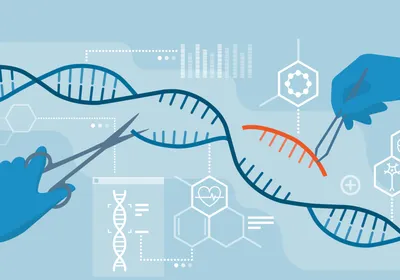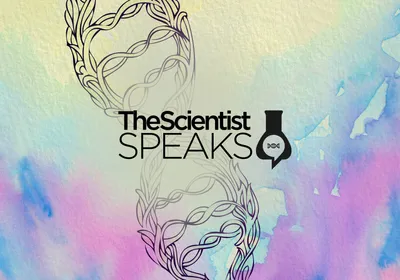 © BRYAN SATALINOUpdate (March 27, 28): This story has been updated to include additional comments from Arizona State University’s Bob Cook-Deegan, Eric Rhodes of ERS Genomics, the University of Vienna, the University of California, Berkeley, and the Broad Institute.
© BRYAN SATALINOUpdate (March 27, 28): This story has been updated to include additional comments from Arizona State University’s Bob Cook-Deegan, Eric Rhodes of ERS Genomics, the University of Vienna, the University of California, Berkeley, and the Broad Institute.
The European Patent Office (EPO) yesterday (March 23) announced its intention to award a broad-strokes patent for CRISPR gene-editing technology to the University of California, Berkeley, the University of Vienna, and Emmanuelle Charpentier (formerly of the Helmholtz Centre for Infection Research). The claims include the use of CRISPR across prokaryotic and eukaryotic cells and organisms, hitting upon the point of contention in a recent patent interference decision in the United States. In that case, the US Patent and Trademark Office’s Patent Trial and Appeal Board (PTAB) denied UC Berkeley the rights over the use of the technology in eukaryotes—the money-making application for CRISPR—leaving that intellectual property with the Broad Institute of MIT and Harvard.
“We are excited that this patent will issue based on the ...






















